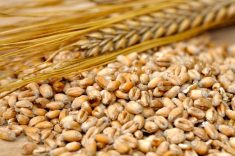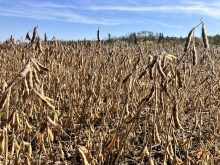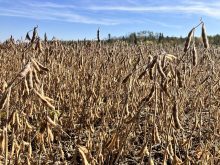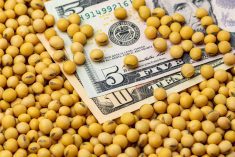Russian Prime Minister Vladimir Putin has told grain traders they had fair warning of plans to introduce protective tariffs on grain if their exports threatened domestic supplies, and told them to avoid signing “excessive” contracts.
“Russia will approximately export 24-25 million tonnes of grain… After that we will introduce certain limits in order not to leave the country with no bread and for us to accumulate reserves that will make up next year’s reserves,” Putin told a meeting with agricultural workers on a campaign stop in Russia’s south.
Read Also
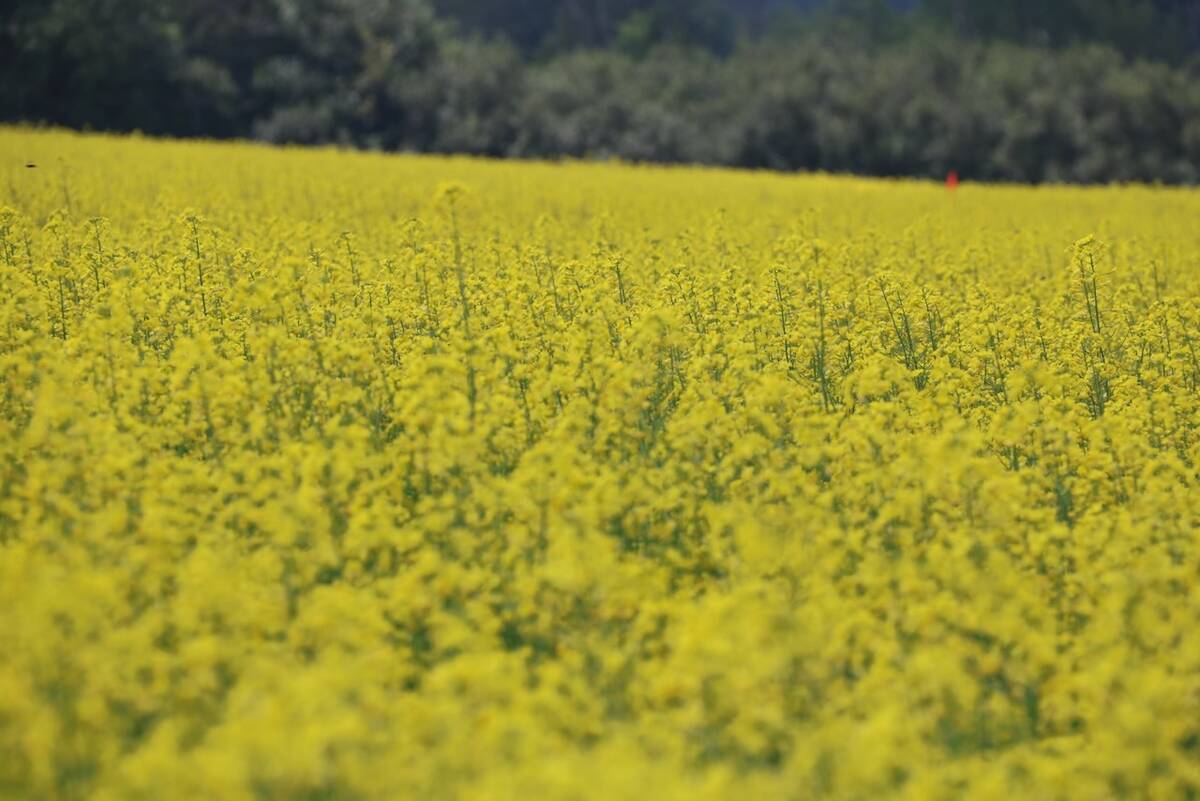
Speculative net long position grows in canola
Speculative fund traders have added to their recently established net long position in canola, according to the latest Commitments of Traders report from the United States Commodity Futures Trading Commission (CFTC) released Friday, Feb. 27.
“This means that those who are dealing with exports should hear us now and not sign excessive export contracts and then come to us and say: ‘We have contracts signed so allow us to export some more.'”
Putin set the bar for exports slightly higher than his deputy, Viktor Zubkov, who said earlier this month that Russia would start charging protective duty on grain exports if 23-24 million tonnes left the country. Russia, whose harvest has recovered to average levels after a catastrophic drought last year slashed grain output by more than a third and prompted the government to ban exports, has been setting monthly records for grain exports since the ban ended in July.
But structural limitations make exports in excess of 25 million — the maximum forecast of a major industry lobby, the Russian Grains Union — highly unlikely.
Russia’s port capacities allow up to four million tonnes of exports per month but shipments are sharply curtailed from November because river channels, the outlet for nearly half of Russia’s grain exports, freeze over.
No incidents of force majeure were reported when the Russian government banned grain exports last year, but traders were forced to cover some contracts with supplies from Kazakhstan.
Tough audience
The ban also sparked worries that Russia’s image as a reliable supplier had been tarnished. It regained its positions with its main buyers quickly this year, though at a cost to its farmers, by undercutting competitors at key tenders.
Russia’s farmers are enduring a third difficult year due to relatively low domestic prices. The previous year, the drought destroyed a third of their crop and left many in financial straits, while the 2009-10 season saw a record crop that crushed prices.
The government has in the past supported prices with intervention tenders, but this year will buy grain under a new system of repurchase arrangements, the prime minister said.
Putin, who will stand for president again in next year’s presidential election, was on an apparent campaign stop with President Dmitry Medvedev, who succeeded him in the Kremlin after he had used up his limit of two consecutive terms.
Russia’s farmers, historic supporters of the post-Soviet Communist Party and its allies, are a tough audience for the prime minister and his United Russia party, which is gearing up for parliamentary elections in December.





